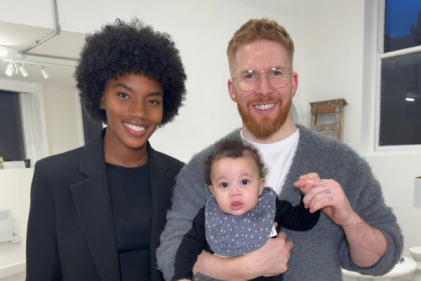You may not realise it, but when your toddler talks back to you, it’s actually a sign of him or her asserting their independence. While that’s a good thing, you do still want your child to listen to your requests, and honour your wishes. Here are a few ideas to help you deal with the problem positively.
First of all, don’t scold. It’s not fun for either of you, and since your child is still getting a reaction, albeit a negative one, they’re likely to continue anyway
.
Next, consider your request. Is it reasonable? Are you being too strict? Does what you want really matter, or do you just expect your child to listen because you’re saying something? If it doesn’t matter, it’s not worth an argument!
If your request is important, then it’s time to talk to your child. Find out why he’s saying no. Ask him what his feelings are. They might just be valid.
Lastly, try praising your child when he does respond in a reasonable and polite manner. All children respond to positive reinforcement, and they all want more of it. If you ignore talking back, but respond to politeness, your child will be more likely to opt for the latter.
First of all, don’t scold. It’s not fun for either of you, and since your child is still getting a reaction, albeit a negative one, they’re likely to continue anyway
.
Next, consider your request. Is it reasonable? Are you being too strict? Does what you want really matter, or do you just expect your child to listen because you’re saying something? If it doesn’t matter, it’s not worth an argument!
If your request is important, then it’s time to talk to your child. Find out why he’s saying no. Ask him what his feelings are. They might just be valid.
Lastly, try praising your child when he does respond in a reasonable and polite manner. All children respond to positive reinforcement, and they all want more of it. If you ignore talking back, but respond to politeness, your child will be more likely to opt for the latter.





